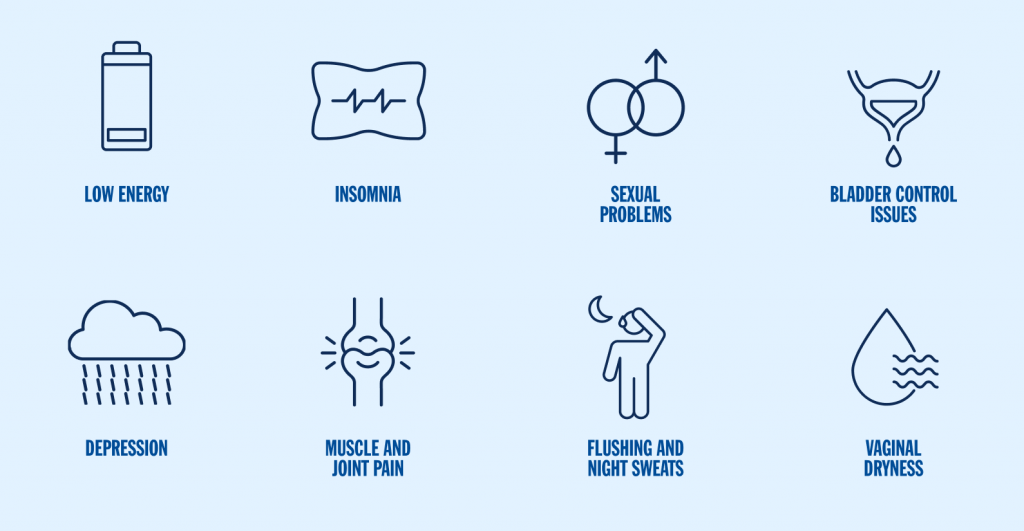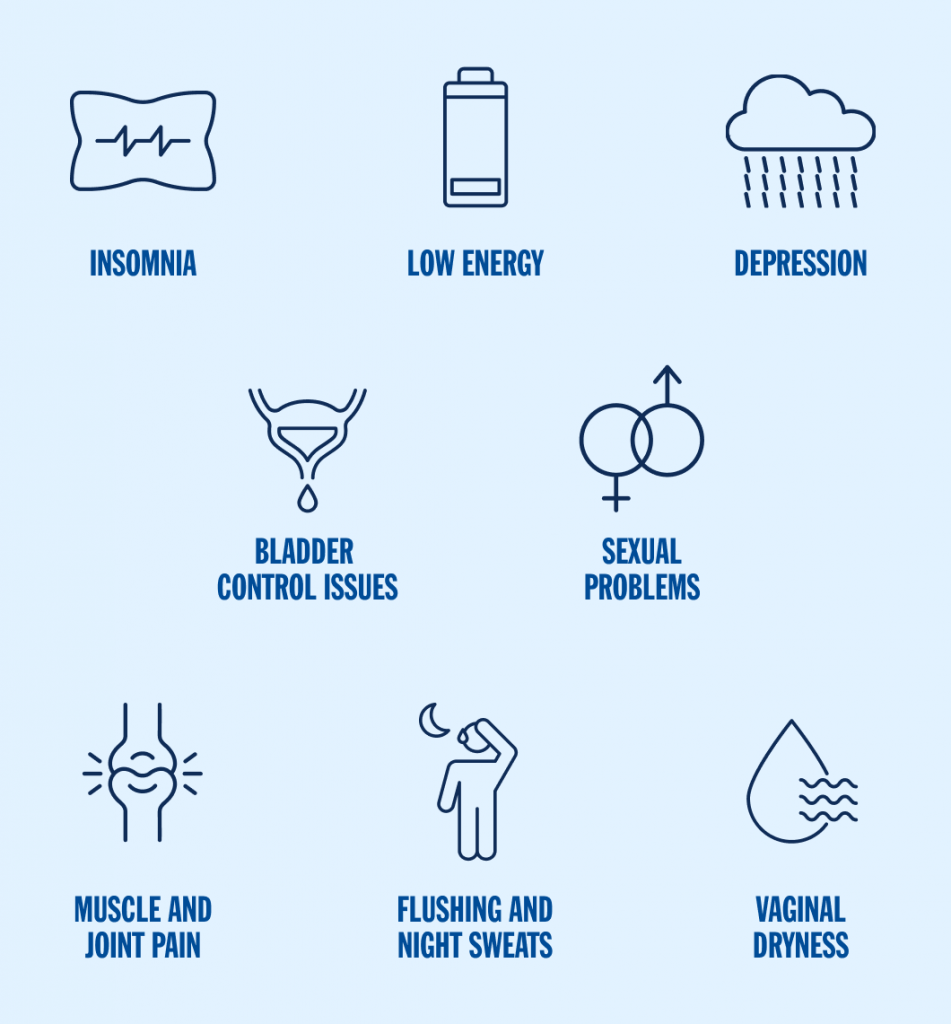
Menopause is a natural stage of life that affects half the population, yet it remains a topic often overlooked in workplaces – including healthcare.
For RPNs, menopause presents a dual challenge: providing care to patients experiencing menopausal symptoms while also managing their own symptoms in a demanding, high-pressure environment. As awareness of menopause grows, it is critical that healthcare workplaces foster supportive policies and cultures that empower RPNs to continue delivering high-quality care while maintaining their wellbeing.
The double burden: working through menopause as a nurse
“As a nurse, you are expected to be present, to care for others, but when you’re experiencing symptoms of menopause, it can be difficult to function at your best,” says Kelly Baskerville, a Clinical Educator and longtime nursing leader. “Brain fog, fatigue, unpredictable symptoms – it all impacts how we show up for our patients and our teams.”
Despite the widespread impact of menopause, many nurses suffer in silence. “We don’t talk about it enough. Nurses are socially conditioned to push through, to not make an issue of their own health,” Kelly explains. “Yet we know that unreported lost time, presenteeism, and even early retirement are real consequences of unmanaged menopause in the workplace.”
A 2022 survey conducted by the Canadian Women’s Health Network found that nearly one in four individuals considered reducing their work hours or leaving their jobs due to menopause symptoms. For RPNs, whose roles require constant attentiveness and physical endurance, workplace policies that fail to accommodate these challenges only add to the burden.
Did you know there are more than 30 symptoms associated with perimenopause and menopause?
Most of us know about hot flashes, but how many of us understand that heart palpitations, headaches, body aches and a host of other symptoms are part of the menopause transition?


The need for workplace support and policy change
Kelly, who has spent years working in quality improvement with an interest in occupational health, believes that menopause will soon face the same workplace rights battles as pregnancy and mental health. “We need to normalize conversations about menopause and create safe spaces for nurses to seek support. Right now, too many are managing their own symptoms in silence because they fear stigma or performance repercussions.”
Practical workplace strategies could include uniform adaptations, access to menopause-related health resources, the use of tech and AI to support nurses in their note-taking responsibilities, and establishing peer support networks. “If we can normalize and support this in a professional, fair, and empathetic way, it benefits everyone,” Kelly adds.
She also highlights the importance of research and advocacy. “There’s very little research on menopause in general and especially in the context of the nursing workforce. We need data to guide clinical practice, workplace policies, and retention strategies. If we don’t start prioritizing this now, we risk losing experienced and highly skilled nurses unnecessarily and at a time when we need them most.”
Healthcare leaders can model this change by prioritizing menopause learning and taking action to review organizational workplace wellness programs and policies for inclusiveness.
Moving forward: supporting RPNs through every stage of their career
Menopause is not a condition to be treated in isolation but a phase of life that requires comprehensive workplace consideration. By fostering awareness, implementing supportive policies, and encouraging open conversations, healthcare employers can ensure that RPNs not only provide excellent patient care but also receive the understanding and accommodations they need to thrive in their careers.
“When nurses start talking to each other, patterns emerge, and we start making demands,” Kelly notes. “That’s how change happens.”
As Canada continues to prioritize workplace equity, supporting RPNs through menopause is not just about individual well-being – it is about sustaining a resilient, compassionate, and effective nursing workforce. By addressing menopause in the workplace, we not only support nurses in their own health journeys but also ensure that their expertise and contributions continue to strengthen the healthcare system for years to come.